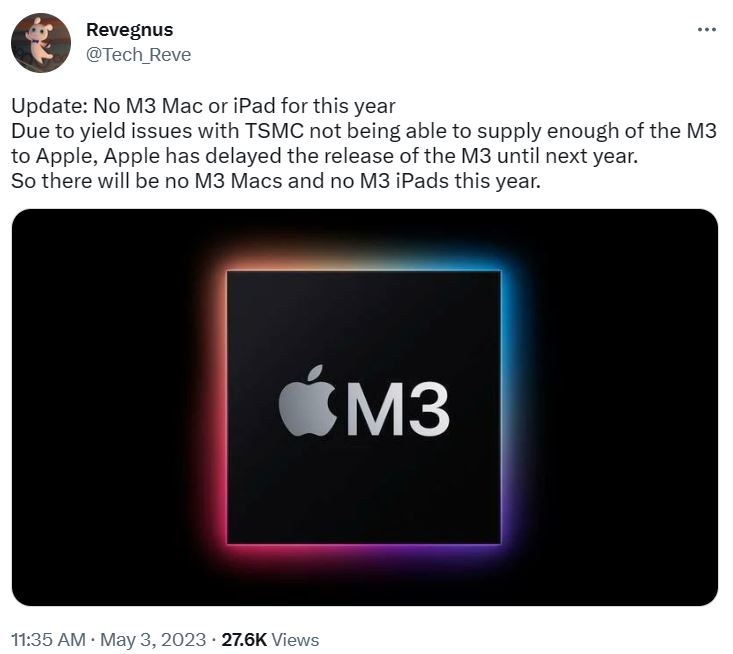We’re eagerly anticipating the release of the M3 chipset. It could substantially improve performance and efficiency due to a transistor size of 3nm. It’s exciting since M2 wasn’t a big jump.
Apple Silicon is a key selling point for MacBooks. There are several advantages to Apple Silicon. M series chips are built on hyper-efficient ARM architecture. As a result, they consume less power.
Smartphone chips typically use ARM for power efficiency reasons. Since Apple builds computer chips using existing smartphone chips as the base, the power efficiency is class-leading.
This architecture isn’t perfect since Apple doesn’t allow SSD or RAM upgrades. That’s the one major downside to Apple Silicon; however, significant battery life gains exist.
Since they don’t have to draw obscene amounts of power, the performance stays the same regardless of whether you’re using the laptops plugged or unplugged. You don’t have to plug the laptops into a power source to achieve the maximum possible performance.
The fans don’t get extremely loud, making MacBooks efficient and silent productivity machines. The latest chips Apple unveiled are the M2 Pro and M2 Max with the fourteen and 16-inch MacBook Pros.
The upgrades weren’t anything crazy, just slightly better GPU performance and more RAM. They were still on TSMC’s 5nm fabrication process. The upcoming M3 chip will allegedly have TSMC’s new 3nm process.
Following earlier predictions from Bloomberg, the chip was supposed to launch in 2023 alongside a MacBook Air model. However, it doesn’t make too much sense to relaunch a MacBook Air in 2023 since the latest M2 Air is barely one year old.
According to a report on Twitter from Revegnus, the M3 chips are delayed by another year. We won’t see any TSMC 3nm laptops or tablets in 2023.
The future for TSMC looks promising, with excellent profit margins and a global expansion. TSMC is also planning to mass-manufacture 2nm chips in 2025. Sub 3nm investments require heavy Research and Development, though.
There are three nodes for TSMC 3nm, which are N3E, N3P, and N3X. We’ll see N3E and N3P will be an improved version with better performance and efficiency, and will also pack in more transistors, i.e., have better transistor density. N3X is for maximum performance.
There’s another product series in line to get TSMC’s 3nm chips- the iPhone 15 Pro and iPhone 15 Ultra. Some reports claim the yield rate is only about 55%, much lower than the 80% estimation for the 4nm nodes.
The yield rate refers to the number of successful chips on a silicon wafer. The ones that fail Quality Control make up the defective rate. If the yield rate increases, the contract manufacturer incurs fewer overall losses and doesn’t have to charge exorbitant prices.
However, because of the low 55% yield rate, it’s challenging for TSMC to mass manufacture several 3nm chips in 2023.
It’s already difficult to manage 3nm fabrication for the A17 Bionic SOC, and it is particularly challenging for TSMC to supply millions of chips for iPads and MacBooks.
There are also plans for an Ultra iPad model with the M3 Pro chip, which will use TSMC’s 3nm fabrication. The low yield rate poses another pricing problem, and the iPhone 15 Pros could get a price bump if TSMC charges Apple more for chips.
Because of this problem with yield rate, Apple’s planned launches will probably be pushed to 2024. Regardless of the delay, the upcoming MacBooks will be the world’s first with 3nm chipsets. Also, there’s no complete guarantee that the leak is accurate.




